Anglican church honours former Tobago slave Norman Mc Neil
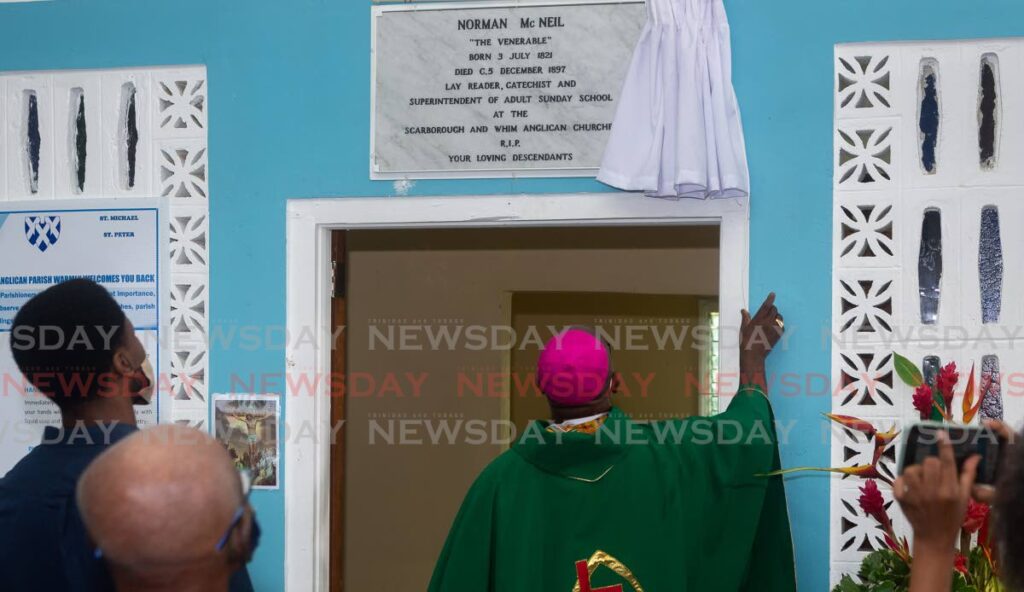
How many teenage boys teach scripture in their spare time?
Sociologist Dr Susan Craig-James posed this question on July 3, to the congregation of the St Michael’s Anglican Church, Whim, Tobago, as she reflected on the life of Norman Mc Neil, a former slave who did not allow his harrowing circumstances to prevent him from uplifting his people through education and spirituality.
Mc Neil was the first headmaster of the former Whim Estate Primary School and a towering figure in the development of the Anglican church in the village and later, Scarborough.
His legacy was celebrated with the unveiling of a plaque at the church, which was presided over by Anglican Bishop Claude Berkley and members of the Norman Mc Neil Family Foundation under the theme, People of African Descent: Recognition, Justice and Development.
A similar exercise was carried out at the Scarborough Anglican Church later that day.
The foundation was established about 18 months ago to not only recognise Mc Neil’s contribution but to continue in his vein by providing resources and opportunities to the residents of Whim and the wider Tobago community.
Some of Mc Neil’s descendants include retired head of the public service Reginald Dumas (great grandson); Mervyn O’Neil (great-great grandson); Rev Dr Roma Hewitt ( great-great granddaughter); and Dr Ryan Allard (great-great grandson).
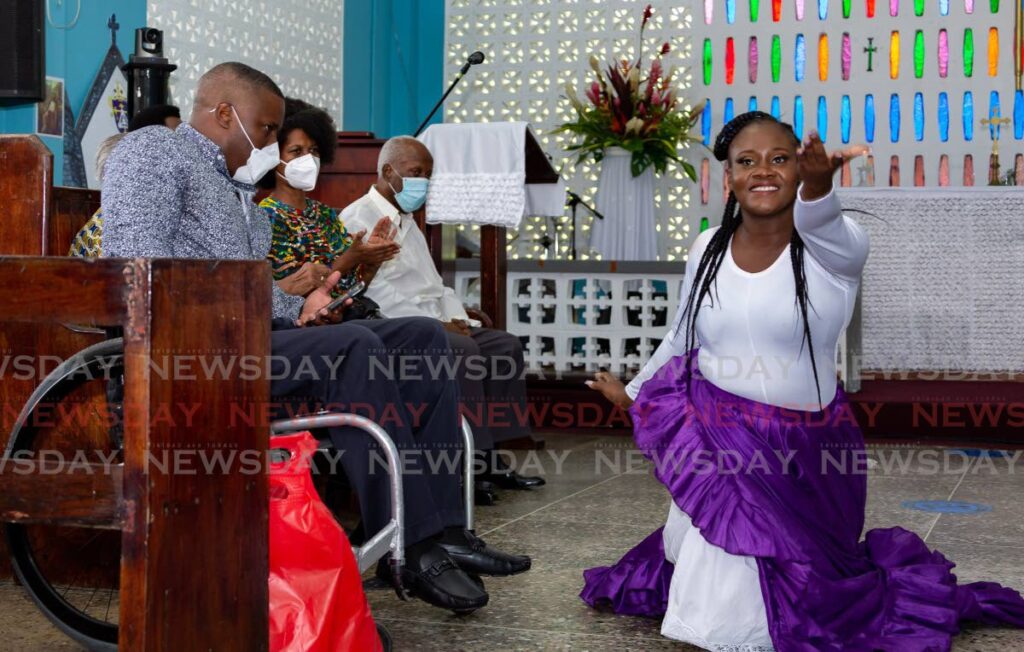
Craig-James, who played an integral role in researching Mc Neil’s life, told the gathering via Zoom that research on the late catechist and educator is still ongoing but he “left us neither photograph nor cenotaph.
“However, with the labour of his hands, he wrote an autograph to all generations that so much can be achieved by those who have very little,” she said.
Craig-James said Mc Neil was born on the Dunvegan Estate, Whim, on July 3, 1821, to a mulatto woman named Catherine, 25, and a white father.
Mc Neil had at least 12 known children and was twice married. He died December 5, 1897 at the age of 76. His remains are buried in the Whim Anglican Church cemetery.
Called a “mestee,” the term given in Tobago to one whose parents were mulatto and white, Craig-James said Mc Neil was just 13 when slavery was abolished on August 1, 1834.
Research showed he was a domestic and jobber – people hired to work for others.
Craig-James, alluding to a Trinidad Guardian report on January 30, 1927, said Mc Neil “rose to be the butler at the Whim Great House.”
She said it is very likely that Mc Neil lived on the Whim estate when he was hired there.
“That would explain how he learned to read, if not write.”
Craig-James said opportunities for reading at the time were many on Whim estate as the Moravian missionaries taught there from 1827, at least twice a month. And the estate itself started the Whim Estate School from February 1829, holding classes for two hours a day three days a week.
There was also a Sunday school at Whim from 1829, teaching reading and scriptural instruction.
Quoting the Guardian report, Craig-James said Mc Neil taught scripture lessons during his leisure hours and became a teacher. He was just 17 when full freedom came in 1838.
“Now, I ask you, how many teenage boys teach scripture in their spare time? Clearly, this was a young man with a divine call upon his life. Instead of going on a river lime to catch crayfish, he close to become a fisher of men.”
At 18, Mc Neil worked as an apprentice in Scarborough before returning to Whim to re-establish the estate school under the auspices of the Church of England. He became its headmaster in 1842 at 21.
Craig-James said when Mc Neil started the school, he received no salary from the bishop or the government. He kept the school running with small grants from the bishop.
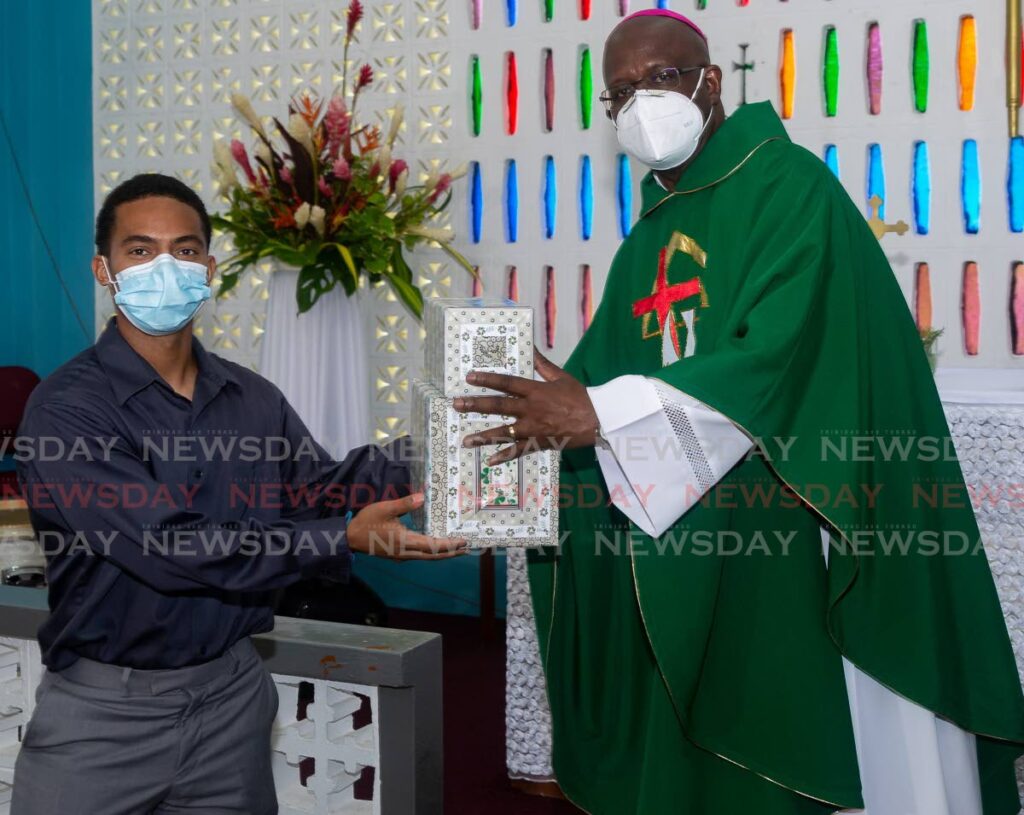
Mc Neil started receiving a regular salary from the government in 1847 but, according to an account, admitted it was “a wretched pittance and that not paid regularly, but even grudgingly at the end perhaps of 12 months or more.”
During that time, Mc Neil had started a family but was untrained as a teacher because the church did not send him. And with the small wages he earned, he could not afford it.
Apart from reading, writing and arithmetic, teachers had to know what was called the “higher subjects” – Bible history, English history, geography, grammar, vocal music and catechetical knowledge.
“Norman studied all of these higher subjects. How he acquired books, we do not know.”
But in 1872, the Whim school was one of five (out of 24) with the most passes in the higher subjects, Craig-James said.
“This was a tremendous testimony to his diligence.”
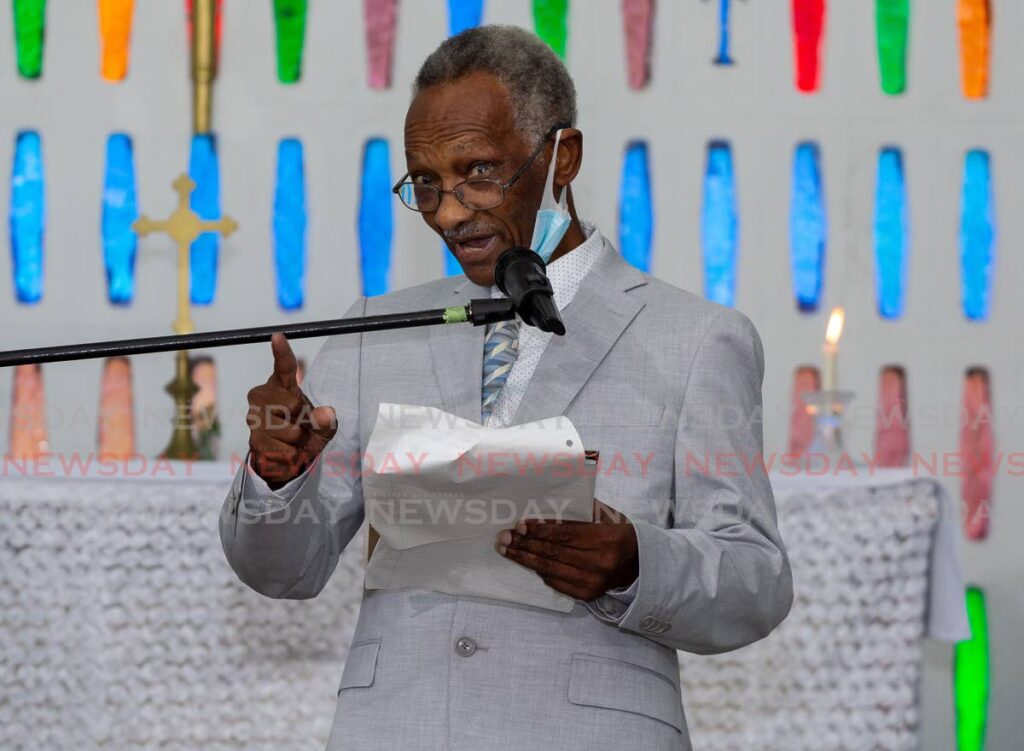
In addition to teaching during the day, Mc Neil also taught Sunday School, mostly to adults eager to learn to read and be taught the Bible.
He later became a licenced lay reader and catechist of the Church of England, conducting services and funerals when the rector was unavailable. This earned him the title, The Venerable.
Craig-James said by September 30, 1896, Mc Neil was still working after 54 years of unbroken service.
“We do not know if he retired…. And his school survives until today.”
In his tribute, Mervyn O’Neil said the plaques commemorate his great-great grandfather’s work in education and religion.
He said the foundation, which was established in Mc Neil's honour, is now a registered entity.
O’Neil said the family got together more than a year ago after learning that they were ancestors “of this great man.
“So through knowledge of self, we have been able to connect and work collectively.”
As a result of this awareness, he said, the family can now put before the United Nations a proposal that research on the enslaved as opposed to the enslaver must be ongoing.
Saying the proposal would be placed under the heading – Gene Pool Modality, O’Neil said, “We are developing a model by which and through which others may discover and or have knowledge of themselves.”
In the meantime, he said, the foundation intends to support education initiatives in Tobago with Whim as its focal point. It has already conducted a workshop for pre-school teachers on the island.
O’Neil said the commemoration has reignited calls for reparations.
Noting that the UN has declared the period January 1, 2015-December 31, 2024 as the decade for people of African descent, O’Neil said the foundation is in touch with both the Caricom coordinator of the UN forum for people of African descent as well as its local representatives.
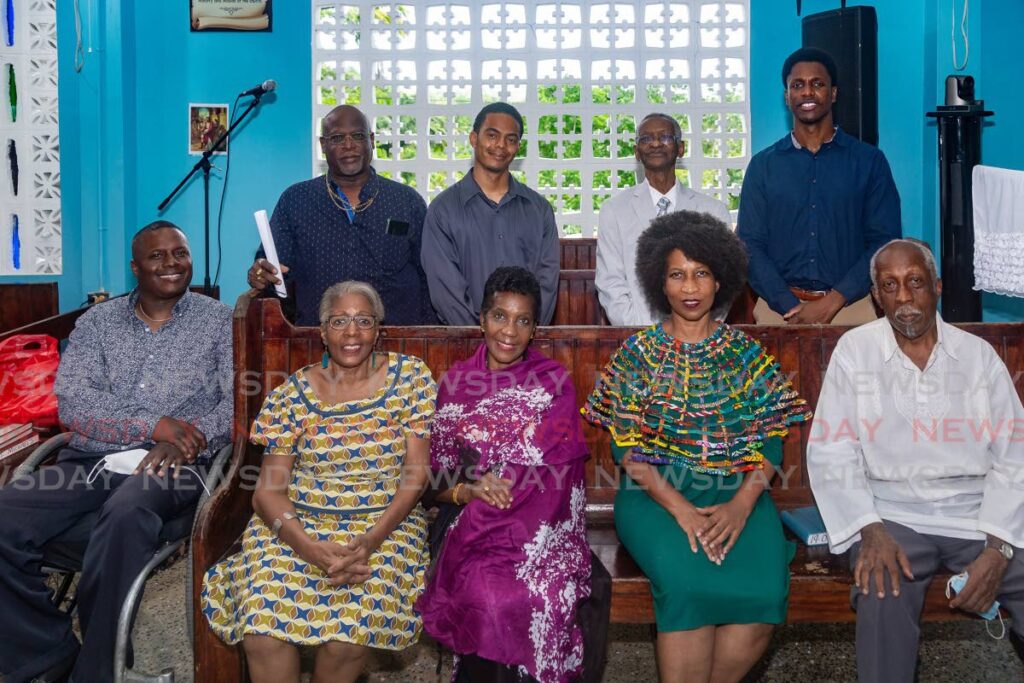
“So the plaques emphasise, encourage and are in the process of modelling for other families this matter of knowledge of self, of easing ourselves from under that experience known as African enslavement.”
Berkley said Mc Neil’s pioneering work in the church has lived on.
“The church seemed to figure prominently in Norman’s life and work and the testimony of his commitment and service is remarkable,” he said.
He said such commitment by him and others established and strengthened the foundation on which the church stands.
Berkley said it is also a tribute to Mc Neil that the school of which he was “pioneer and protector,” continues as Whim Anglican but at another location with modern amenities.
He said Mc Neil’s story provides what he called a “local, up from slavery narrative” that can promote further research about the slave experience.
“There must be the drive to encourage this kind of research and compilation as we seek to tell our stories of striving and accomplishment of an underdog, under rated, exploited people.”
Berkley, too, supported calls for reparations.
He recalled the Church of England, through the Archbishop of Canterbury, apologised in 2006 for the church’s complicity in sustaining and profiting hugely from the trade, “though it stopped short of projecting on reparations.
“We join in this apology on behalf of the diocese of Trinidad and Tobago unreservedly. A reflection on this will lead us to consider the tremendous achievement of Norman and others like him in pulling themselves upward out of the debilitating effects of enslavement.”
He added, “All this leads to a time of justice, of righting of wrongs and in these days the high appeal to reparations for the enslaved.”
Berkley said he hopes the commemoration will be a catalyst to “pushing further the notions of recognition, justice and development of our people through similar and creative undertakings in the recovery of African self-hood in our Caribbean lands.”
At the end of the simple function, Mervyn O’Neil’s grandson, Dominic, presented Berkley with a ciborium (a receptacle with an arched cover used in Christian churches to hold the Eucharist) and thurible (vessel used in the Christian liturgy for the burning of aromatic incense) on behalf of the foundation.

Comments
"Anglican church honours former Tobago slave Norman Mc Neil"